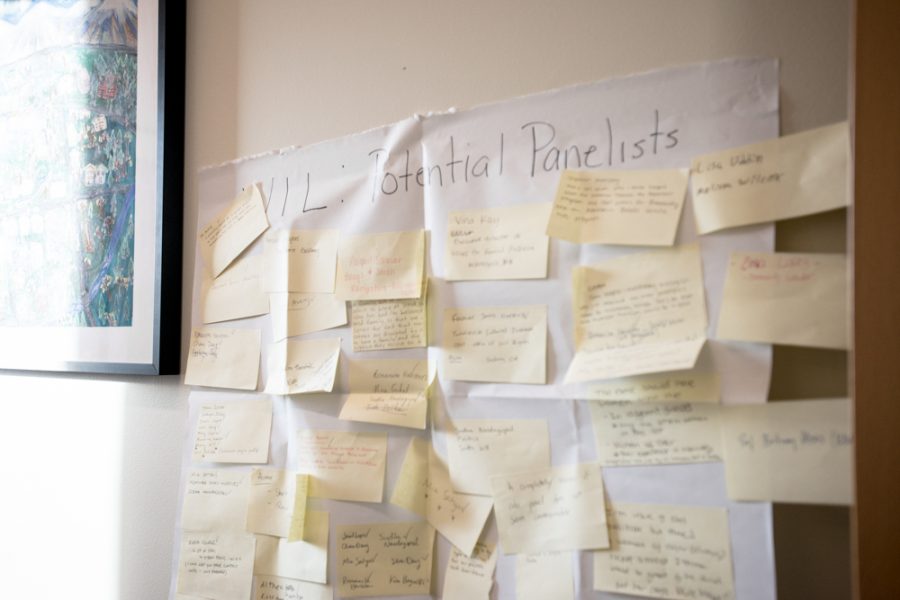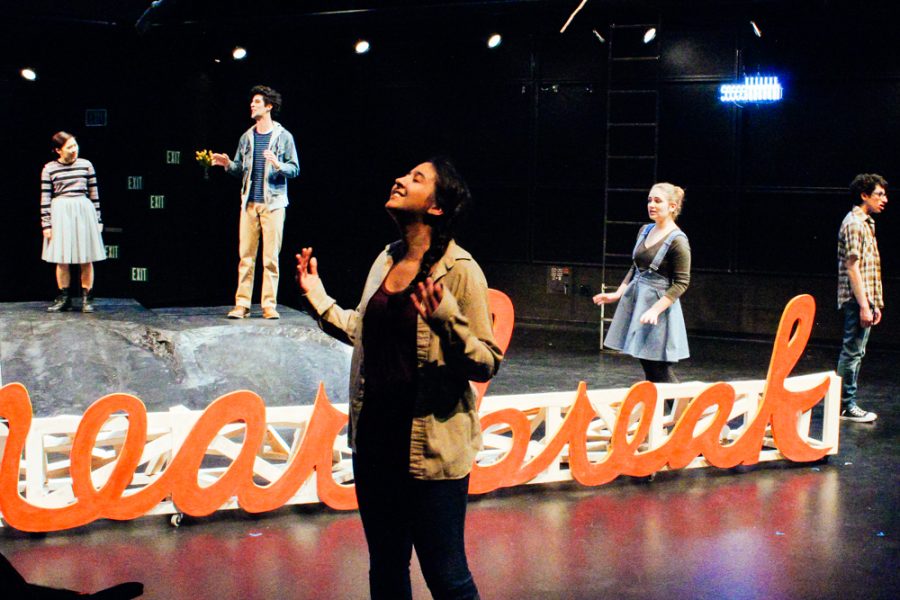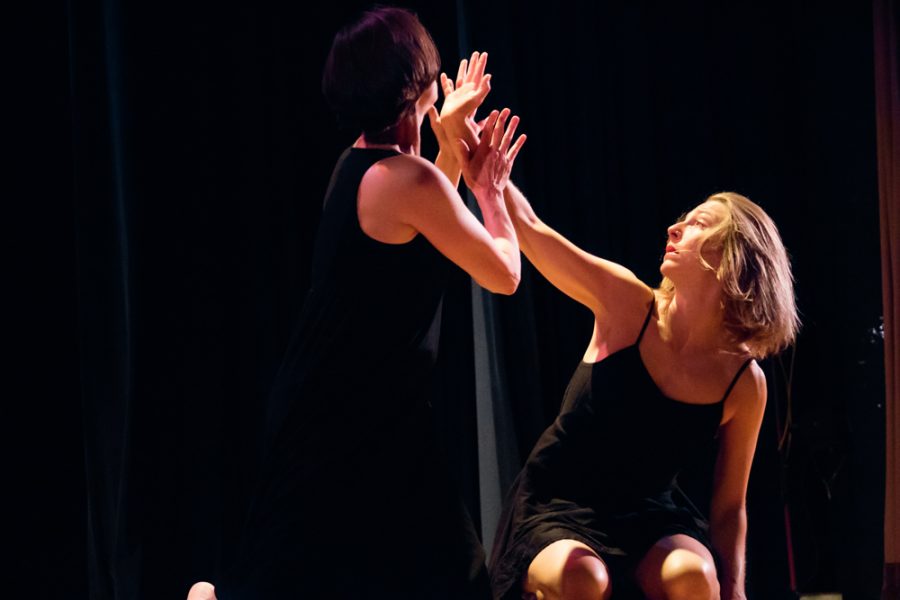Two days ago, Whitman cancelled classes to celebrate the accomplishments of its students. Comprised of four lecture sessions and one poster session, the 2009 Undergraduate Conference boasted 184 student presenters featured in six different venues.
This year’s Undergraduate Conference, the eleventh in Whitman’s history, signaled a connection between under and upperclassmen.

“There were very few first-year and sophomore presenters, so it allowed us [underclassmen] to meet the upper-classmen through their interests and presentations,” said first-year Elizabeth Fleming.
For upperclassmen, many seniors were just glad to see the work of their classmates.
“It was nice to be able to see friends’ thesis work, because I didn’t really have a chance to talk to them about it during the year,” said senior Jared Burns.
Presentations spawned from student research and creativity in an array of academic fields, as a result of student coursework, senior theses, summer internships and study abroad.
“A lot of the poster projects in Cordiner were cool, because they showed what students actually did outside the standard scientific textbook in the field,” said first-year Devin Stone.
One such creative presentation was Willie Kunkel’s “Snakes of Central and Western Africa: A Relationship Database for Identification of Genera.” Kunkel spent a summer in Africa creating a computer database for how to identify any snake through several characteristics including the size of eyeball, straight vs. oblique scales, the number of dorsal scales etc. Once Kunkel’s computer database is published, anyone with access to a computer in Central and Western Africa, including clinicians, should be able to identify species of snakes.

Although all presentations were well-attended, students tended to gravitate towards “hot” topics such as Roman Goerss’ “The Conservative Path” or Aisha Fukushima’s “Checking the Pulse of Hip Hope: Lupe Fiasco and the Resurrection of Urban Cultural Expression.”
Overall, said first-year Ellie Newell, the Undergraduate Conference and its many topics, theses, and discussions did one thing –– prove that Whitman students have an effect on the intellectual landscape of contemporary society.
“I was completely blown away by the variety and depth in my fellow student’s work. It was wonderful to see what they’ve been up to and the fact that some of the work was revolutionary in its field,” said Newell.





